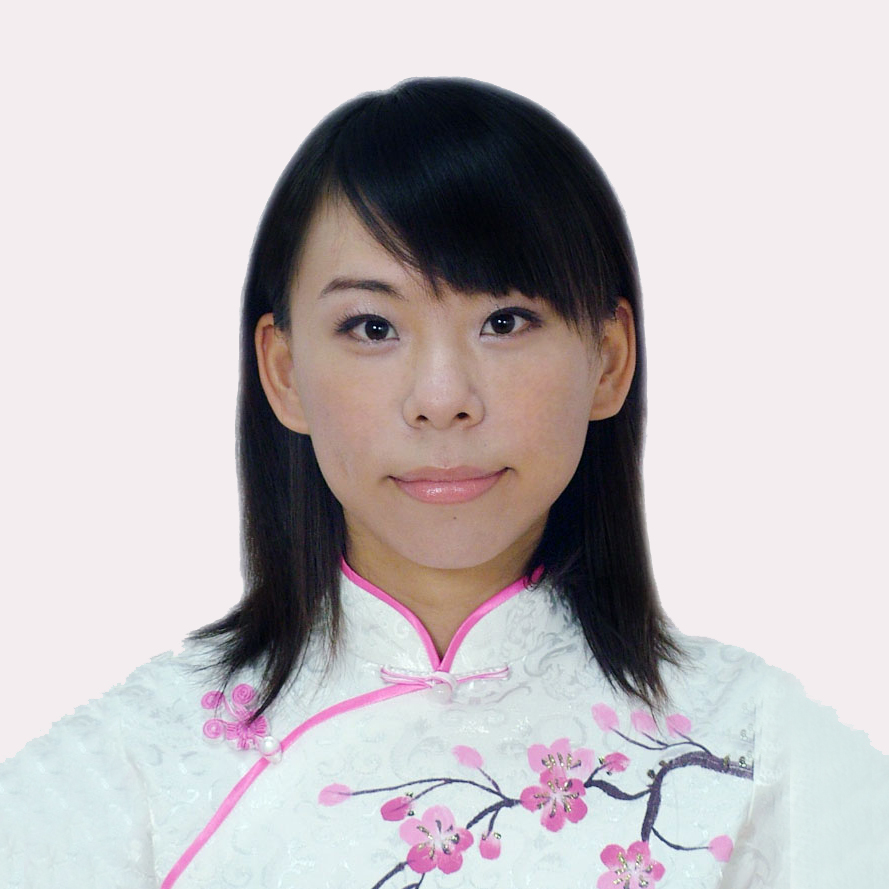
Dr Zilu Liang
Assistant Professor
Graduate School of Engineering
The University of Tokyo
Zilu Liang is an Assistant Professor of The University of Tokyo (UTokyo). She is passionate about revolutionizing personal health and education using pervasive computing, wearable computing and data mining. She is an avant-garde supporter of the Quantified Self movement. She received her PhD from UTokyo in 2015. She conducted her postdoctoral research in the University of Melbourne and AIST during 2015-2016, and pursued exchange studies in Imperial College London in 2012 and in the University of Oxford in 2010. Currently she is devoted to developing accurate home sleep monitoring technologies as the principal investigator of a JSPS Grant-in-Aid for Research Activity Startup and an AIST Grant for Early-Career Researcher. She has received several awards, including Merit Award in Singapore Challenge of the Science of Future Cities in 2015, IEICE English Session Encouragement Award in 2015, Japan Venture Capital Association Award in 2014, ICSS Best Paper Award and Best Student Paper Award in 2013, IEICE Network Software Research Award in 2012, Harashima Academic Award in 2011, and Best Paper Award in 2009.
A Novel Approach for Accurate Home Sleep Tracking based on Sleep-Regulation Mechanism
Wearable sleep monitoring technologies are increasingly popular as they are unobtrusive, affordable, and easy to use. However, the accuracy of these devices has been a main concern for individual users who use the devices to track and understand sleep patterns and for researchers who plan to use the devices in scientific studies. My research aims to develop new sleep analysis algorithms to improve the accuracy of popular consumer sleep tracking devices. Inspired by the theory of sleep regulation, I propose a new sleep analysis approach that uses day time events and historical sleep data in addition to night time sleep-concurrent events for sleep staging. This ongoing project comprises four phases: establishing baseline, preparing datasets, modelling, and designing algorithms.
Currently I have completed the first phase. A baseline for the accuracy of Fitbit Charge 2, the latest consumer sleep tracker, was established based on data collected from 27 healthy participants. Analysis found that Fitbit Charge 2 agreed reasonably well to a medical sleep monitor on total sleep time, sleep efficiency, and the number of awakenings. However, it underestimated light sleep, while overestimated wake after sleep onset, deep sleep and REM sleep. The findings suggest that current home sleep tracking technologies have much room for improvement in terms of accuracy.
In the next step, I will conduct a self-tracking experiment to collect data on sleep and on various day time events over a span of 2 weeks. Fitbit Charge 2 will be used to measure sleep as well as tracking steps, exercise, and heart rate. A web application named SleepBeta that I developed in my previous study will be used to collect data on other day time events such as mood, stress, caffeine consumption. Sleep data collected in PSG will be used as ground truth. The datasets will be used to model inter-day temporal patterns of sleep, intra-day temporal patterns of day time events, and the relationships between sleep and temporal/sequential patterns of day time events. New sleep analysis algorithms will be designed based on these models.